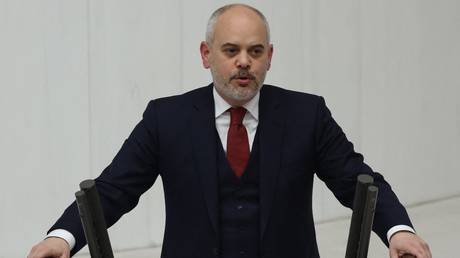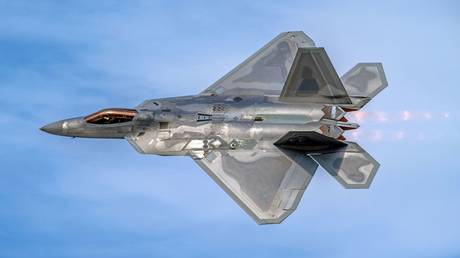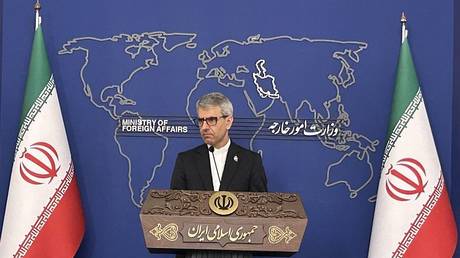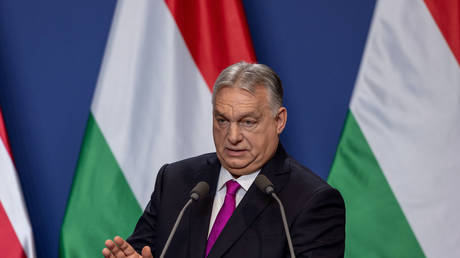
Ankara is not pivoting to the East, but has some major disagreements with the West, Akif Cagatay Kilic told RT
Türkiye will not abandon NATO, but will strengthen its trade and diplomatic relations with other global and regional powers if doing so benefits the Turkish people, MP and Parliamentary Foreign Affairs Committee chief Akif Cagatay Kilic told RT in an exclusive interview on Saturday.
Türkiye has been a member of the US-led NATO bloc since 1952. Repeated polling since 2016, however, shows that as many as 90% of Turkish people see the US as a potential enemy, while around three-quarters favor maintaining good relations with Russia.
“The US has in our view, and is doing still, some things that are hurting Türkiye’s geopolitical position and also our security,” Kilic explained, naming Washington’s support for Kurdish militias in Syria as one example. Ankara considers these groups – the PKK, YPG, and PYD – to be terrorist organizations.
Turkish people also suspect “US involvement” in “military coups that we’ve had in the past,” Kilic continued, referring to the 2016 attempt by followers of US-based cleric Fethullah Gulen and a number of military factions to unseat President Recep Tayyip Erdogan. Both Gulen and the US government have denied any role in the attempted coup, but Turkish officials – including Interior Minister Suleyman Soylu – have continued to pin the blame on Washington.
“These ideas are not being helped by the fact that after some years, we found out that the US has been active in interfering in other countries,” Kilic stated. “It’s on the US to work on the perception of the people regarding the United States.”
Despite these disagreements, Kilic said that Türkiye sees NATO as an “important alliance” which it takes “very seriously.”
Presidential and parliamentary elections will be held in Türkiye on Sunday. Throughout the Western media, the battle between Erdogan and leading rival Kemal Kilicdaroglu is being portrayed as a showdown between an incumbent who will abandon the West in favor of stronger ties with Russia and China, and a challenger who will reform the country in the image of Brussels and Washington.
Kilicdaroglu has been open about his desire to curtail his own executive power and implement EU-mandated reforms, while Türkiye’s relations with Russia have strengthened under Erdogan’s watch. However, Kilic insists that his country is not undergoing a major shift to the East.
“The world system is shifting,” he said. “There are certain areas where you have to act alone, where you have to act with allies, and where you have to act with different countries, neighboring countries.”
“We are not shifting,” he continued. “The first responsibility we have is toward our people, toward our country. We are trying to protect our own interests.”
Türkiye’s geographical proximity to Ukraine, Russia, Syria, and Iran means that it has to seek stable relations with enemies of the US, Kilic explained, stating that “we can’t behave as if we’re an ocean away. This is the reality.”




